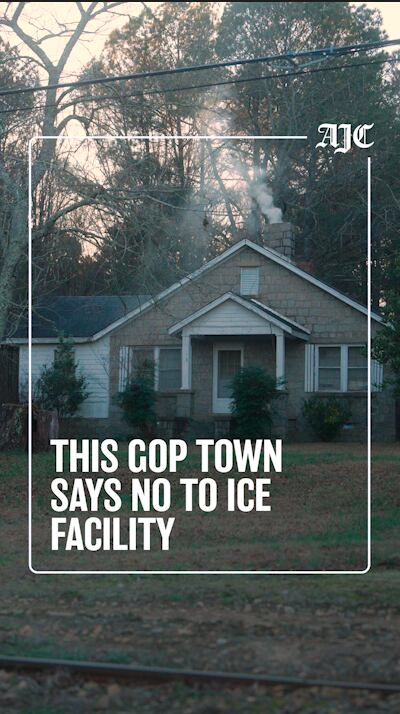Q&A on the News
Q: I recently purchased a 2.5-gallon plastic container of water. It has a printed expiration date of July 2015. Why does bottled water need an expiration date, other than to dupe customers into buying new water?
—Harris Gottlieb, Dunwoody
A: The Food and Drug Administration, which regulates bottled water, has stated that it has "indefinite safety shelf life" and doesn't need an expiration date.
The FDA also doesn’t require bottlers to print an expiration date on bottles or containers of water, but poor storage methods could lead to the degradation of the water.
Algae or mold could grow inside the bottle if water is “exposed to extended periods of direct sunlight or heat sources,” the International Bottled Water Association (IBWA) states on its website (www.bottledwater.org).
It suggests storing water in cool places away from direct sunlight.
The FDA warns that long-term storage of bottled water could “result in aesthetic defects, such as off-odor and taste.”
Research by Coca-Cola, which owns Dasani, found that its water tasted different after its one-year expiration date, The Wall Street Journal reported in 2004.
The IBWA states that “some companies place date-based lot codes on bottled water containers, which are typically used to assist in managing stock rotation at distribution and retail points.”
New Jersey was the only state to require expiration dates on bottled water, but later repealed that law.
Andy Johnston with Fast Copy News Service wrote this column. Do you have a question about the news? We’ll try to get the answer. Call 404-222-2002 or email q&a@ajc.com (include name, phone and city).

